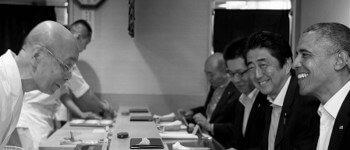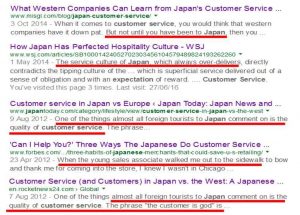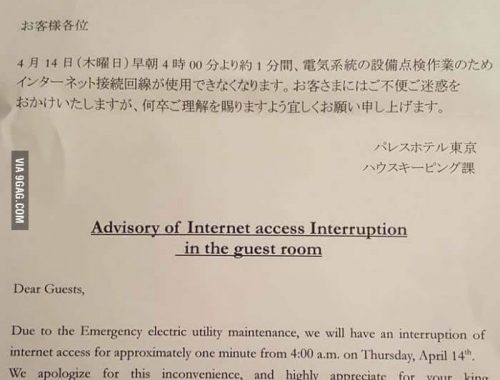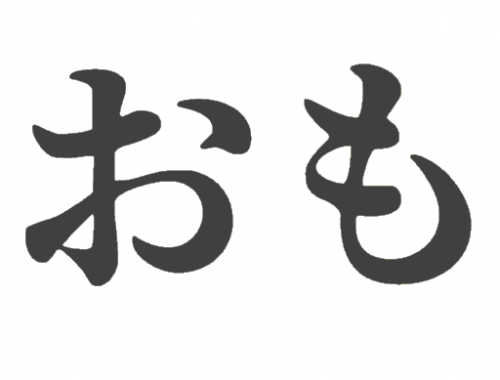The highly successful behavioural psychology 'technology' behind the Japanese 'Omotenashi' Customer Service culture is just as applicable to the online world as it is in face to face customer service contexts.
This is because one of their core insights is that those anonymous little people we all call 'customers' are actually your 'guests' - and not just in hotel and restaurant hospitality venues. The online 'customer' is now to be treated as an honoured guest in your 'online establishment' and accorded all the proactive needs-servicing, tolerance and heartfelt consideration that a guest in your own home would expect to receive.
omotenashi-how-to-make-digital-experiences-other-aware
the-secret-to-truly-exceptional-customer-service-digital-omotenashi
In the online world these insights can be applied in the same way.
Not surprisingly therefore, there are already marketing consultancies which promote the idea of "Digital Omotenashi".
It is no coincidence that the first page of a website is called your HOME PAGE. You have effectively invited a customer (now your virtual guest) into your online home and from there on it is your duty to make them feel at home, understand their way around and know how to ask for your assistance if they need it. The emergence of online chat and Live Help applications illustrates this in one, albeit labour intensive way.
But there are more specific functional design elements that can be incorporated across several levels of the online service offering. Most focus on technology's ability to appear to anticipate user needs proactively, and that is certainly an important part of this overall area of expertise. But there are other elements that comprise a genuinely Digital Omotenashi experience.
Once you deconstruct the specific, underlying attitudes and behaviours behind Omotenashi customer service culture it is easy to see how they can be interpreted, applied and adapted consistently across ALL your customer-facing channels.
The thing is to start from a comprehensive and coherent model of how you see your relationship with your 'customers' and how, therefore you communicate with them that they are important to you and not just a source of revenue.

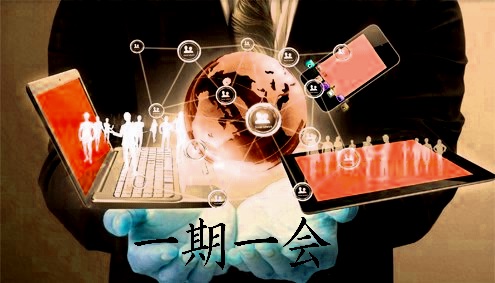
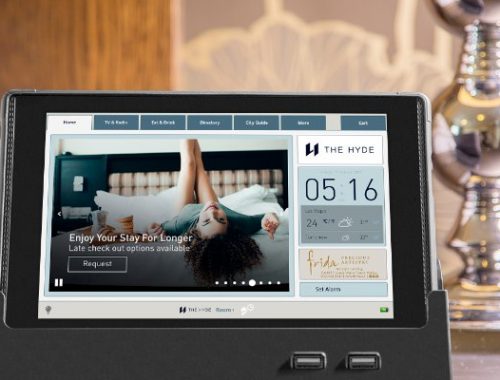

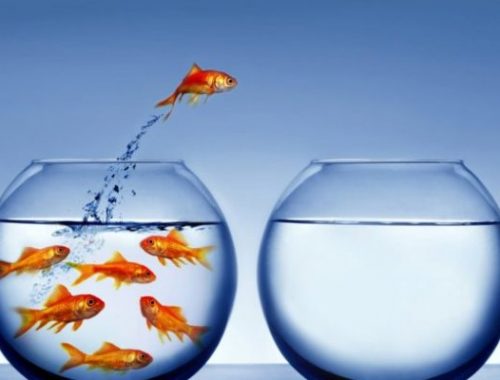
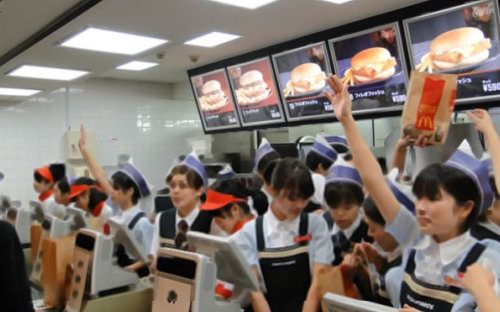
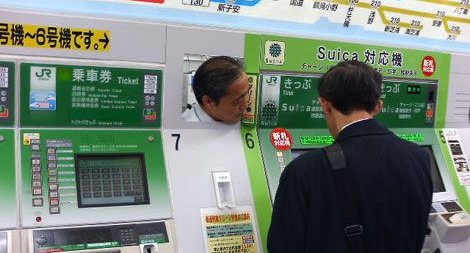
 You'll come across this word more and more leading up to the Tokyo Olympics as companies associate themselves with the philosophy in their marketing literature. And not just companies in the hospitality business.
You'll come across this word more and more leading up to the Tokyo Olympics as companies associate themselves with the philosophy in their marketing literature. And not just companies in the hospitality business.